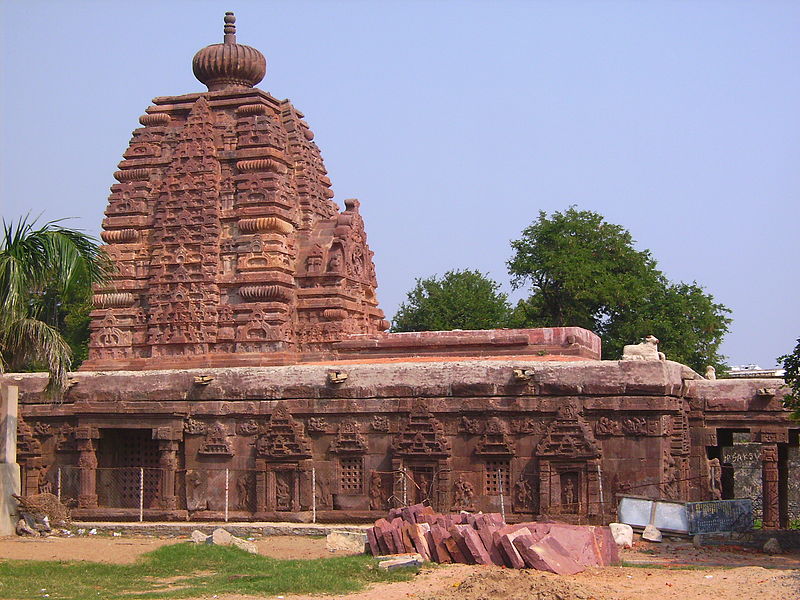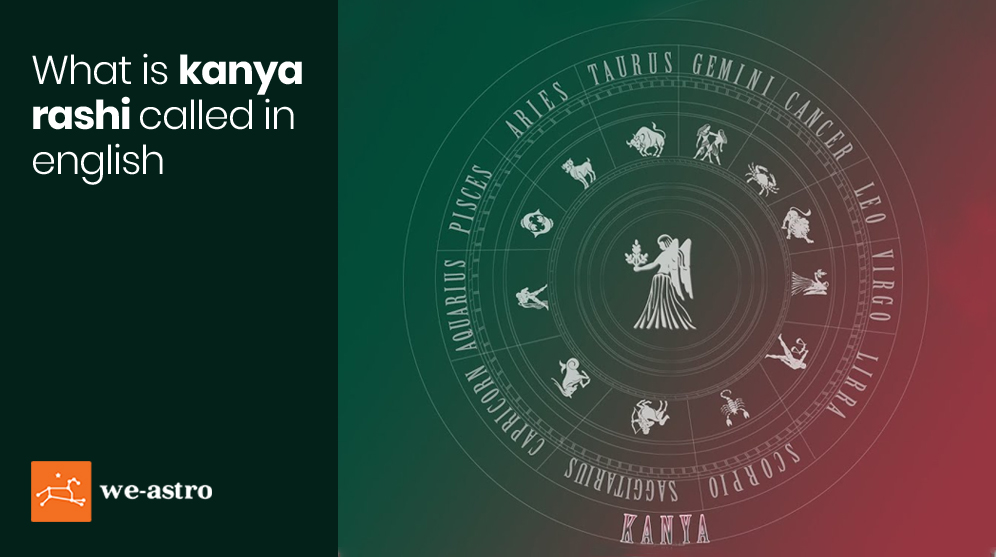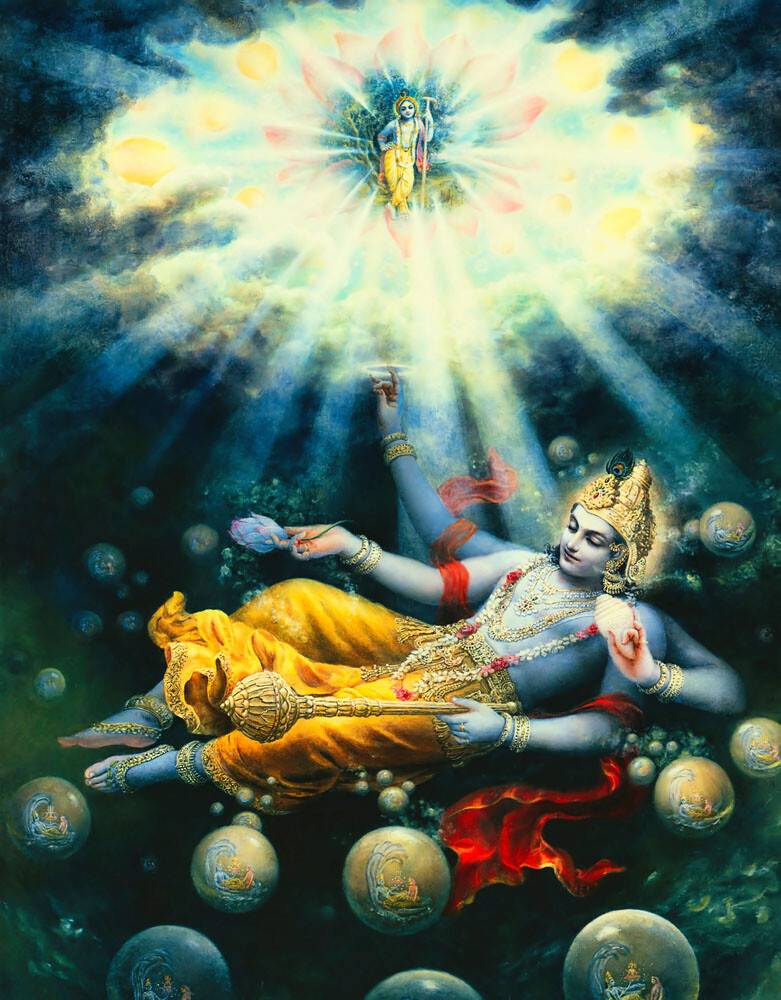Dancing with Shadows: Exploring the Powerful Influence of Shani Dev in Everyday Life
"Explore the significance of Shani Dev, the Hindu god of justice known for his strong influence on life events and karma, in Hinduism."

Shani Dev, also known as Shani or Sani, is a revered deity in Hinduism. He is fondly referred to as Chayya Putra, as he is considered the son of Chayya, the wife of Lord Surya. His name carries significant meaning, with 'Shani' translating to 'slow mover', which allegorically refers to the slow movement of the planet Saturn in celestial terms.
In Hindu iconography, Shani is depicted as a dark figure seated on a crow, carrying a sword, arrows, and two daggers. This image encapsulates his austere nature and his role as the divine dispenser of justice. His association with the planet Saturn further reinforces his unique position in the celestial hierarchy as a significant cosmic influencer.
Shani Dev is known for his impartiality and adherence to righteousness. He doesn't distinguish between the good or bad but simply rewards or punishes individuals based on their karma. This principle of justice governs his role as a cosmic disciplinarian. While his punishments are deemed harsh, they ultimately seek to purify the soul, guiding it onto the path of righteousness.
Devotees seek Shani Dev's blessings to overcome obstacles and challenges, particularly the ill-effects associated with Saturn. Shani Dev's influence during the 'Saade-Saati' or seven-and-a-half year period is believed to bring about significant life changes. During this time, individuals often perform acts of devotion, including fasting on Saturdays, and reciting the 'Shani Chalisa' to appease the deity and seek his mercy.
Shani Dev's teachings remind us of the immutable law of karma and the transitory nature of life. His adherence to justice encourages us to lead righteous lives, knowing that our actions will determine our fate. Despite his stern exterior, Shani Dev is a compassionate deity, holding a mirror to our actions and guiding us towards self-realization and enlightenment.




